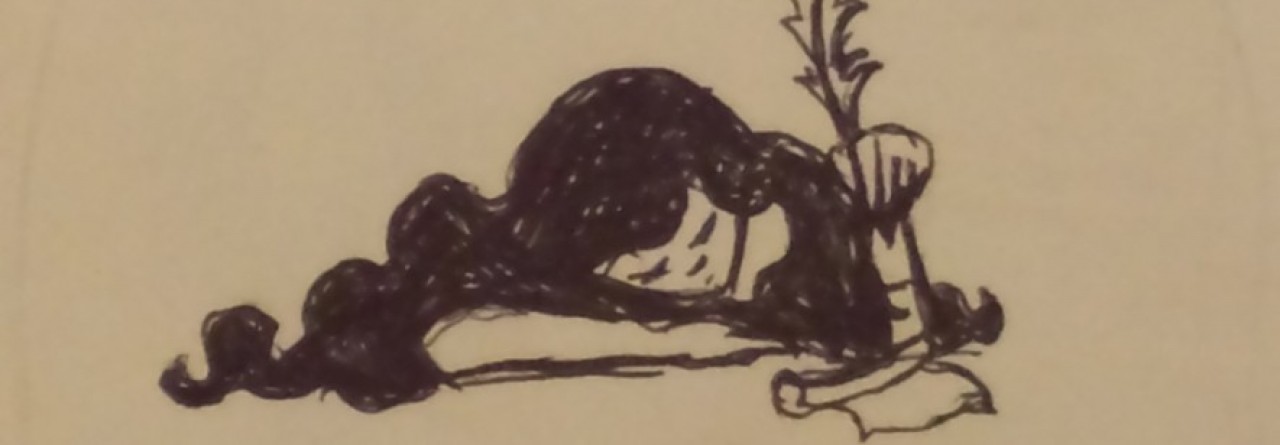
The Secret Garden
By Frances Hodgson Burnett
It’s back to my childhood for the very last book. Although, FWIW, I did buy myself the pictured edition as a Christmas present last year, and started reading it all over again. (I mean, who could resist Inga Moore’s illustrations? Seriously?)
I honestly do not know if my first experience with this story was via the book or a BBC television children’s series. Either way, there are a bunch of things about this story that had a profound impact on me.
First things first, let’s start with the central concept. The idea of a secret garden, a place of green, growing things that was once cultivated and manicured, but is now running a little wild, is something that has entranced me my whole life. Especially a place that has been hidden away, and is there, waiting to be discovered and explored. There are so many delicious themes wrapped up in this concept. I love everything about it.
I also love the mystery at the heart of this story. The little moments of discovery leading to Mary finding her way into the garden are completely enchanting; a perfect combination of her personal determination and a little bit of low-key magic. But finding the secret garden itself only leads to more questions and the discovery of a deeper mystery that must be solved. There’s nothing quite so compelling in a story as layers and layers of secrets!
The undercurrent of natural magic that pervades the story is another compelling element for me; the close observations of the cycle of the seasons and the way animals and birds have their own agency and power.
Then there’s the house – I’ve always been obsessed with big, old, complicated houses with too many rooms and corridors and mysterious parts you’re not supposed to go into but you do anyway because how could you possibly resist?
And I have to mention the heroine, Mary, a strong female character with agency in spades, having adventures under her own steam. She is cranky, irrepressible, inquisitive and utterly unsubmissive. She’s also interesting from the perspective that her physicality, as a female person, over the course of the story, is not primarily characterised in terms of her attractiveness to others, but in terms of her health.
First published in 1911, the Victorian sensibilities are strong in this story, and I’ve found a new raft of things to be fascinated about and to critique in reading it as an adult (the role of mothers, for example, and the way class privilege plays out). But there are so many aspects of my personal aesthetic I feel emerged from my early engagement with the story of The Secret Garden, I have to count it as a book that had a profound, early impact on me.














